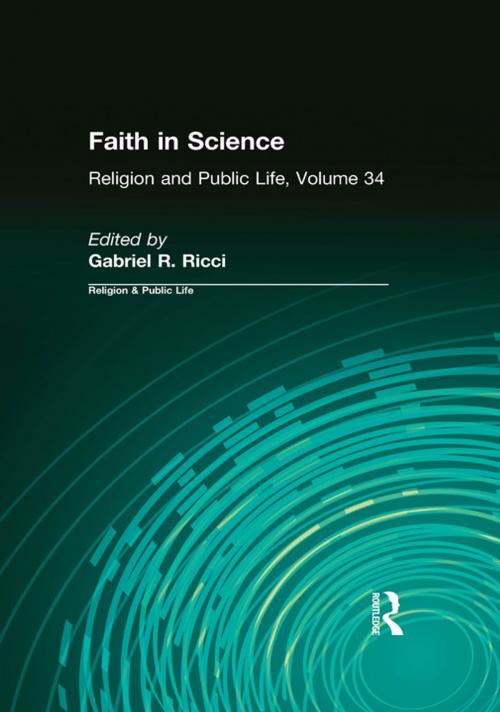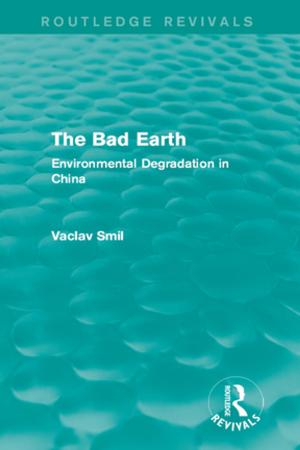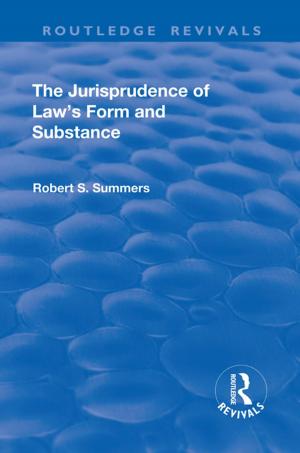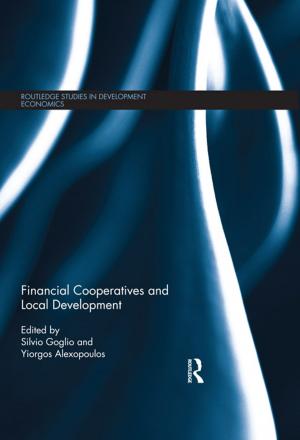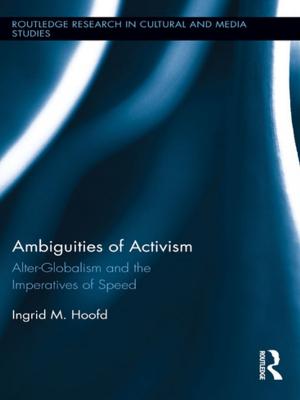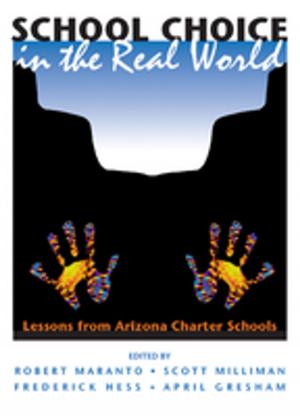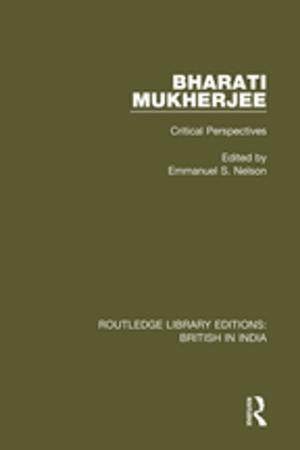| Author: | ISBN: | 9781351520713 | |
| Publisher: | Taylor and Francis | Publication: | January 18, 2018 |
| Imprint: | Routledge | Language: | English |
| Author: | |
| ISBN: | 9781351520713 |
| Publisher: | Taylor and Francis |
| Publication: | January 18, 2018 |
| Imprint: | Routledge |
| Language: | English |
There is growing academic interest in addressing the relationship of religion and science. There are also very generous funding sources that encourage scientists to demonstrate the reality of purpose in the world. Still, there are organizations offering support to community groups dedicated to discussing religion and science. Contributors explore this development in Faith in Science. The intellectual initiatives analyzed here seem far removed from the deep religious and cultural divisions that dominate the contemporary geopolitical landscape. This emerging industry, however, originates in a cultural debate that set the evolutionary view of Nature against revelation's conception of Nature as the fulfillment of God's creation. The two worldviews are hopelessly mismatched, although scientific creationism purports to have uncovered scriptural evidence that invites another look. Along the way, the imposition of theological themes onto the geological record became a tendency for many naturalists. Peter Medawar's scathing review of Teilhard de Chardin's The Phenomenon of Man in 1961 remains as a warning for those who mix Darwinian orthodoxy and theological parlance. The challenge, Medawar would have us believe, is not to abandon the exacting methods and logic of science in favor of a poetic dream of how consciousness is a manifestation of energy. But does this mean that science and religion are only methodologically demarcated? Must we insist on the traditional boundaries instituted by scientific conventions and religious beliefs? From various historical, religious, and scientific vantage points, contributors to this volume, who include Guy Consolmagno, Donald Kraybill, David Ray Griffin, Gerald L. Schroeder, Robert Pollack, Robert Pennock, Carol Wayne Wright, Bill Durbin, Kathleen Duffy, and Anthony Matteo, take up these challenges.
There is growing academic interest in addressing the relationship of religion and science. There are also very generous funding sources that encourage scientists to demonstrate the reality of purpose in the world. Still, there are organizations offering support to community groups dedicated to discussing religion and science. Contributors explore this development in Faith in Science. The intellectual initiatives analyzed here seem far removed from the deep religious and cultural divisions that dominate the contemporary geopolitical landscape. This emerging industry, however, originates in a cultural debate that set the evolutionary view of Nature against revelation's conception of Nature as the fulfillment of God's creation. The two worldviews are hopelessly mismatched, although scientific creationism purports to have uncovered scriptural evidence that invites another look. Along the way, the imposition of theological themes onto the geological record became a tendency for many naturalists. Peter Medawar's scathing review of Teilhard de Chardin's The Phenomenon of Man in 1961 remains as a warning for those who mix Darwinian orthodoxy and theological parlance. The challenge, Medawar would have us believe, is not to abandon the exacting methods and logic of science in favor of a poetic dream of how consciousness is a manifestation of energy. But does this mean that science and religion are only methodologically demarcated? Must we insist on the traditional boundaries instituted by scientific conventions and religious beliefs? From various historical, religious, and scientific vantage points, contributors to this volume, who include Guy Consolmagno, Donald Kraybill, David Ray Griffin, Gerald L. Schroeder, Robert Pollack, Robert Pennock, Carol Wayne Wright, Bill Durbin, Kathleen Duffy, and Anthony Matteo, take up these challenges.
